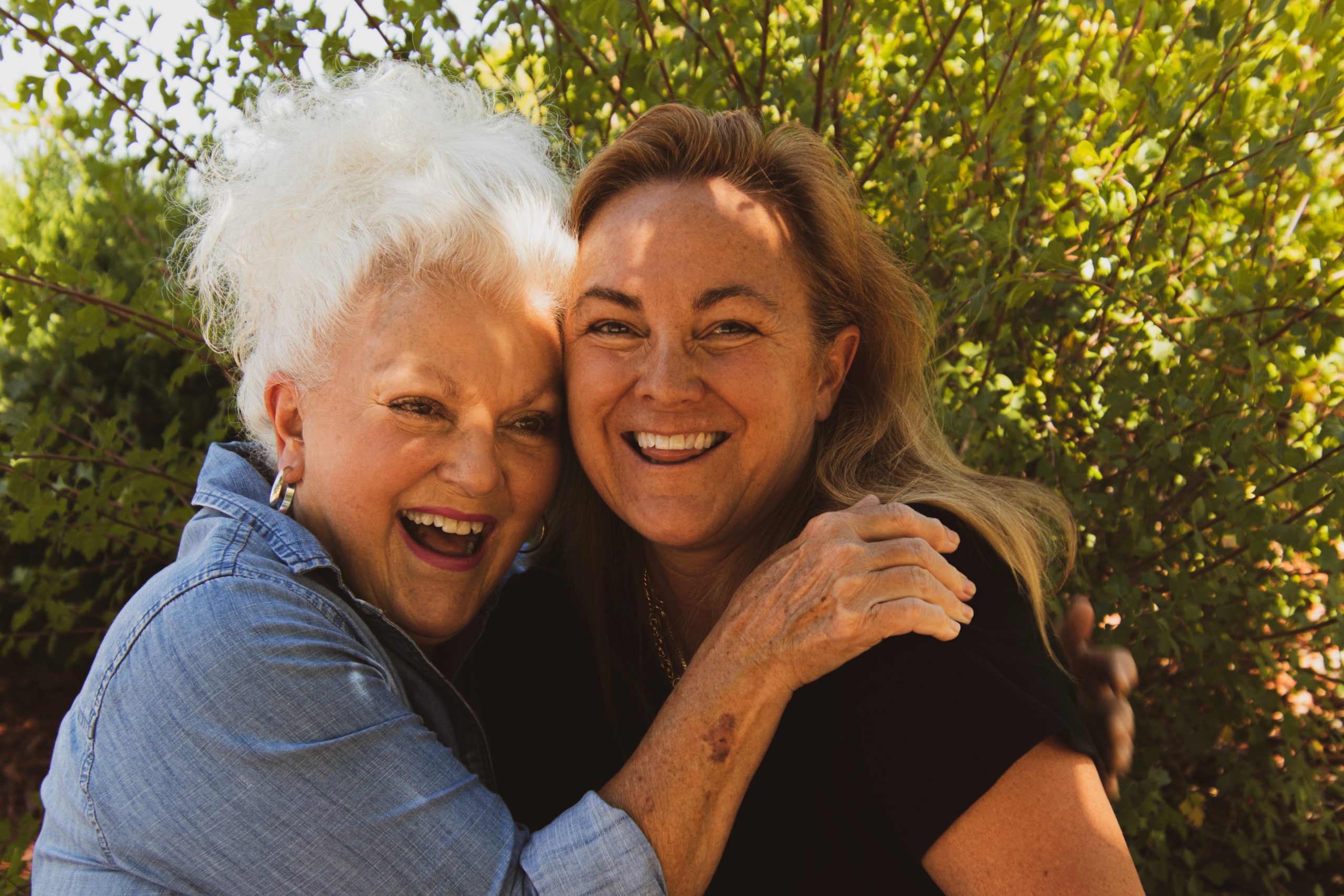Many people can fill the role of a caregiver, hired or not. They gain this role without prior planning and occasionally without choice. Often, older adults choose to stick to the people they’re most comfortable with: their children. However, having aging parents is a new and complicated responsibility for their kids to handle. If you’re at this point with your parents, you likely have your own children and/or career to worry about, and it becomes a hardship to adequately address all the needs of the people around you and in addition to your own.
As a result of this balancing act, family caregivers are at a higher risk for stress and depression. A misconception is born that family caregivers have to be self-sufficient and handle their multiple burdens alone. In reality, there are many resources available to help. Maintaining peace and minimizing stress is vital for the health of both the adult child and their elderly parent. You just have to remind yourself that putting yourself first allows you to take care of your family.
Resources for Adult Children of Older Adults
Isolation is commonly felt by a large population of adult children of aging parents, given the simple reality that you can no longer rely on the people who were once supporting you. Since the relationship is now reversed, there are seemingly fewer people on whom to rely.
While you’re probably aware that others are in the same situation, you may feel that there is no one you can personally relate to. The adverse effects range from emotional distress to burnout.
The remedies for this mental duress is, thankfully, numerous. Support groups for this same stage of life not only provide treatment but help create a community. A new group of people going through the same journey provides validation of feelings that may feel selfish or hard to reconcile with. Even attending a support group may feel self-concerned, but supported caregivers better support their parents.
On top of local support groups, there are plenty of larger organizations that family caregivers, like you, can get help from. These groups provide resources, information, and some free services that make caregiving easier.
- National Council on Aging: The National Council on Aging is an advocacy organization that helps provide resources to caregivers. They have helpful information about different aspects of being a caregiver that affects both the caregiver and the person they take care of. One handy resource is Benefits Checkup, which helps identify benefits their loved one is already eligible for. This can be found at https://www.benefitscheckup.org/. Since this process is a difficult-filled web of different state and federal benefits, this easily accessible tool will reduce stress. Plus, taking advantage of it will ease the financial burden that comes with caregiving!
- Meals on Wheels: It is extremely common for children of older adults to become the food providers for their parents. Meals on Wheels can help ease that responsibility by providing meals to seniors. They also emphasize the importance of providing emotional support to the elderly as well, so their meal deliveries can also serve as comforting check-ins that will alleviate anxiety the children might have. Their website is https://www.mealsonwheelsamerica.org/ and also allows you to input a zip code to see the convenient meal delivery options available.
Taking care of aging parents is an intense responsibility that can happen quickly and without much notice. The difficulties of balancing so many responsibilities are often stressful and harmful to the mental health of the impromptu caregiver. Recognizing that there is a wealth of resources available and taking advantage of them will help decrease stress and improve the lives of both the caregiver and their parents.




